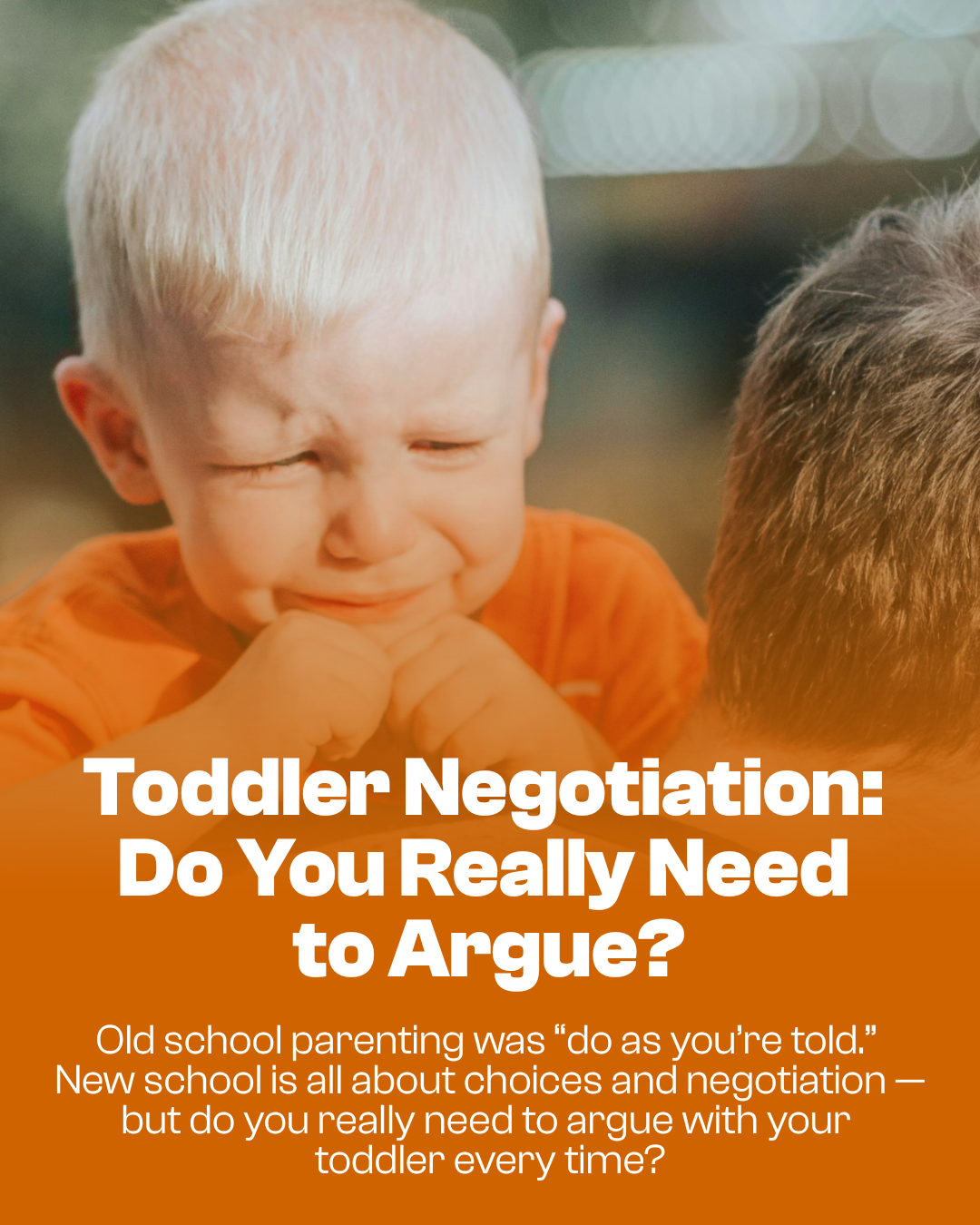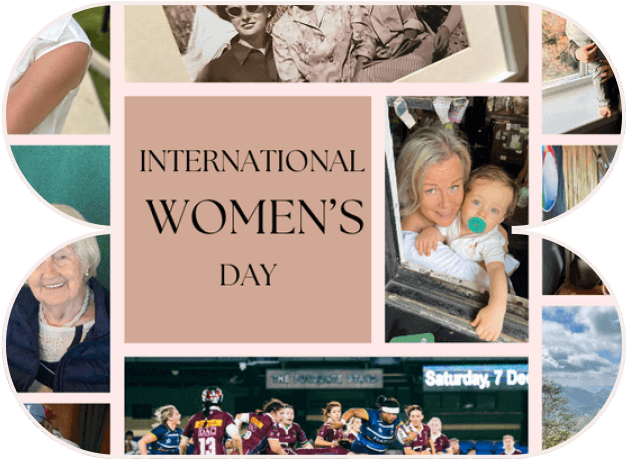


Starting January 11, 2026 at 12:00PM, we’re replacing credits with Makeup Tokens—a simpler, fairer way to make up missed classes.
Read more




November is here again.
The month when conversations about prostate cancer and testicular cancer ripple through social media feeds, and when—if we’re brave enough—we begin to talk about the thing that kills more men under 45 than anything else: suicide.
This November, I want to talk about something that has touched my life in ways I’m only now learning to articulate.
My father battled prostate cancer and, thankfully, successfully bounced back from it. His resilience taught me about physical strength and the importance of addressing health issues head-on.
But there’s another battle—quieter, more insidious, and far more common—that deserves our attention: the ongoing war many men wage inside their own minds.
Let me be honest with you.
Building Minisport from scratch has been one of the most rewarding experiences of my life. We’ve grown to serve over 1,000 kids weekly, expanded into Singapore and Taiwan, and built a team I’m incredibly proud of.
But alongside those wins have been moments of real darkness.
The entrepreneurial journey isn’t a straight line upward—it’s a rollercoaster of incredible highs and genuine lows. And while I celebrate the successes publicly, the challenging moments often happen in private.
There have been nights when the weight of responsibility feels overwhelming. Twenty coaches depending on me for leadership. Five admin staff trusting my decisions. Hundreds of families who’ve placed their faith in what we’re building. A growing franchise network looking to us for guidance.
Strategic decisions that keep you awake at 3am.
Difficult conversations that test your resolve.
Moments of self-doubt that creep in when you’re trying to lead with confidence.
The pressure to always appear certain, capable, and in control—even when you’re navigating uncharted territory and genuinely unsure of the path forward.
These are the realities of entrepreneurship that don’t make it into the glossy LinkedIn posts or the inspirational founder stories. This is the side of growth that so many of us experience but rarely discuss, convinced that admitting uncertainty is somehow synonymous with weakness.
Then there’s imposter syndrome—that persistent, gnawing voice that whispers you’re not qualified, not experienced enough, not worthy of the success you’ve achieved.
It tells you that everyone else has it figured out, and you’re just one mistake away from being exposed as someone who’s been winging it all along.
I’ve felt it.
I still feel it.
When I’m presenting to potential franchise partners, when I’m making strategic decisions that will affect dozens of families, when I’m trying to lead a team through periods of change—that voice is there, questioning my every move.
What I’ve learned, though, is that imposter syndrome isn’t a sign of inadequacy.
It’s often a sign that you’re pushing yourself, growing, and operating outside your comfort zone. The most accomplished people I know wrestle with it.
The difference is whether we let it paralyse us or whether we acknowledge it and move forward anyway.
Success and self-doubt aren’t mutually exclusive. You can be building something meaningful while simultaneously questioning whether you’re the right person to be doing it.
Managing people is perhaps the most complex and emotionally demanding aspect of running a business.
You’re not just overseeing tasks; you’re responsible for livelihoods, for careers, for the wellbeing of individuals who have placed their trust in you.
I’ve worked hard to create genuine relationships with my team—to see them as whole people, not just employees. But that comes with its own emotional weight.
When someone is struggling, when team dynamics become strained, when difficult decisions need to be made—these moments test not just your leadership skills but your mental resilience.
Our Q3 2025 staff survey revealed some hard truths: concerns about career progression, accessibility of leadership, workload fairness.
Reading that feedback was difficult. It forced me to confront areas where I could do better, where the demands of running a growing business had perhaps created blind spots in how I was supporting my team.
But that’s the thing about mental health in leadership—it’s not just about managing your own wellbeing.
It’s about creating an environment where others feel safe to express their struggles, where vulnerability isn’t punished, and where asking for help is seen as strength, not weakness.
The pressure to be “on” all the time, to have all the answers, to project unwavering confidence—it’s exhausting. And it’s not sustainable.
I need to mention something that’s difficult to put into words.
Over the past few years, I’ve watched several friends battle their own mental health demons. Some have been open about it. Others have suffered in silence.
A couple of years ago, one of them took his own life.
I won’t go into details. I won’t name names or dates.
But I will say this: his death shattered something in me. It made me realise how little we truly know about the battles others are fighting, how easily we can miss the signs, and how desperately we need to create spaces where men feel they can speak openly about their pain without fear of judgement.
He wasn’t weak. He wasn’t a failure.
He was someone who, in a moment of unbearable darkness, couldn’t see another way forward.
And that haunts me—not because I could have necessarily prevented it, but because it reminds me how fragile we all are, how much we need each other, and how important it is to check in, to listen, and to create genuine connection.
The success we project publicly doesn’t immunise us from private struggles. In fact, sometimes the pressure to maintain that success makes the struggles even harder to share.
I’m not going to pretend I’ve got this all figured out.
Mental health isn’t a problem you solve once and move on from. It’s an ongoing practice, a daily commitment to taking care of yourself even when—especially when—the demands of business and life feel overwhelming.
Over the years, I’ve built habits that help me stay grounded through both the highs and the lows:
→ Waking before sunrise.
There’s something sacred about those quiet morning hours before the world demands your attention. It’s when I can think clearly, set intentions, and prepare myself mentally for whatever the day brings.
→ Regular exercise.
Movement isn’t just about physical health. It’s about releasing tension, clearing mental fog, and reminding yourself that you’re capable of pushing through discomfort.
→ Watching my diet.
What we put into our bodies affects how we feel mentally. I’ve learned that proper nutrition isn’t vanity—it’s foundational self-care.
→ Cold exposure.
Whether it’s a cold shower or an ice bath, the practice of voluntarily embracing discomfort has taught me resilience and presence. It’s a daily reminder that I can handle hard things.
→ Freeing up time to recharge.
This has been the hardest lesson. As entrepreneurs, we wear busyness as a badge of honour. But burnout serves no one. I’ve had to learn—and am still learning—to protect time for rest, for my wife Danielle, for my son Rory, and for the people who matter most.
These habits don’t eliminate the challenges. They don’t make the difficult moments disappear.
But they give me tools to navigate them, to stay present, and to keep moving forward even when the pressure feels intense.
They help me show up as a better leader, partner, and father—even on the days when I’m not feeling particularly strong.
If you’re reading this and recognising yourself in these words—if you’ve felt the weight of responsibility, the grip of imposter syndrome, the exhaustion of trying to hold it all together—I want you to know something:
You are not alone.
The statistics are sobering. Men are three times more likely to die by suicide than women. We’re less likely to seek help, less likely to talk about our struggles, and more likely to self-medicate through work, alcohol, or other destructive behaviours.
But it doesn’t have to be this way.
Seeking support isn’t weakness. Admitting you’re struggling isn’t failure. Reaching out to a friend, a therapist, a support group—these are acts of courage, not surrender.
I encourage anyone going through something similar to seek support from those around them.
Talk to your partner. Call a friend. Find a professional who can help you navigate the difficult periods. Join a community of people who understand.
The people who love you want to help. They want to know what you’re going through. But they can’t read your mind, and they can’t help if you don’t let them in.
You can be successful and struggling at the same time. You can be building something incredible while also battling your own demons. These things aren’t contradictions—they’re the reality of being human.
This November, I’m making a commitment:
To continue these conversations, to check in on the men in my life, to create spaces where vulnerability is welcomed, and to remind myself—and anyone who needs to hear it—that it’s okay to not be okay.
My father’s battle with prostate cancer taught me about physical resilience.
My own journey with mental health has taught me about emotional resilience.
Both require courage. Both deserve attention. Both save lives.
So let’s talk. Let’s be honest. Let’s support each other.
And let’s remember that the strongest thing a man can do isn’t to carry the weight alone—it’s to share it with others who care.
The entrepreneurial journey—and life itself—is full of incredible moments of joy, growth, and achievement. But it also includes periods of doubt, pressure, and darkness. Both are valid. Both deserve acknowledgement.
If you or someone you know is struggling with mental health, please reach out:
You matter. Your life matters. And there are people who want to help.
This November, I’m opening my heart. Join me in the conversation. Let’s break the silence together.




.png)

.png)
